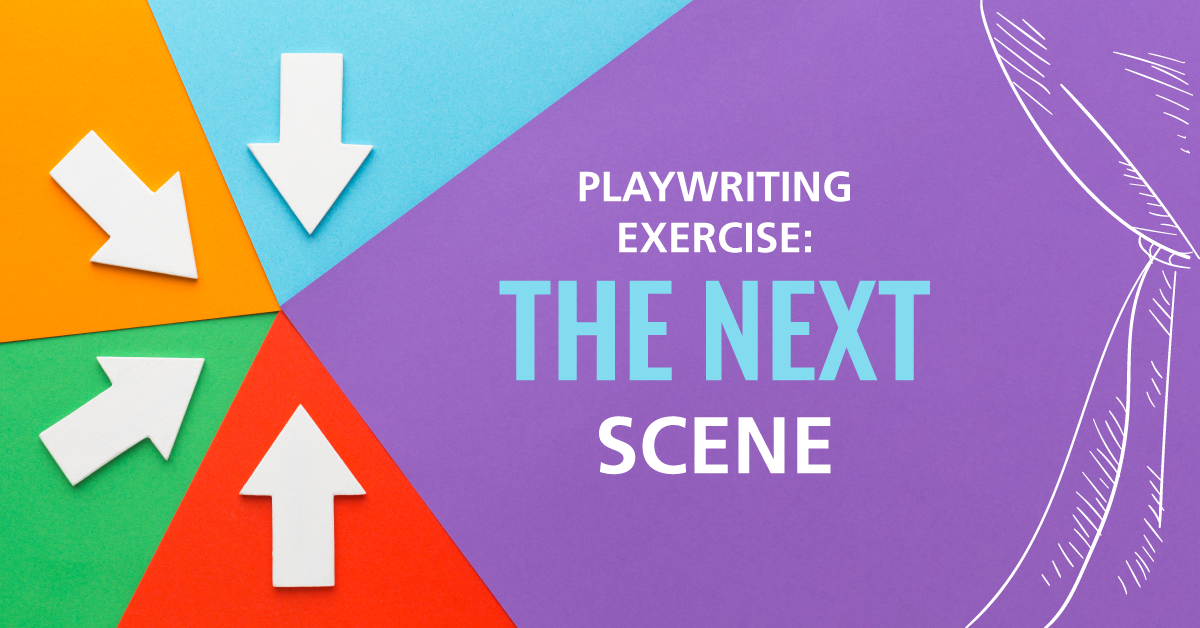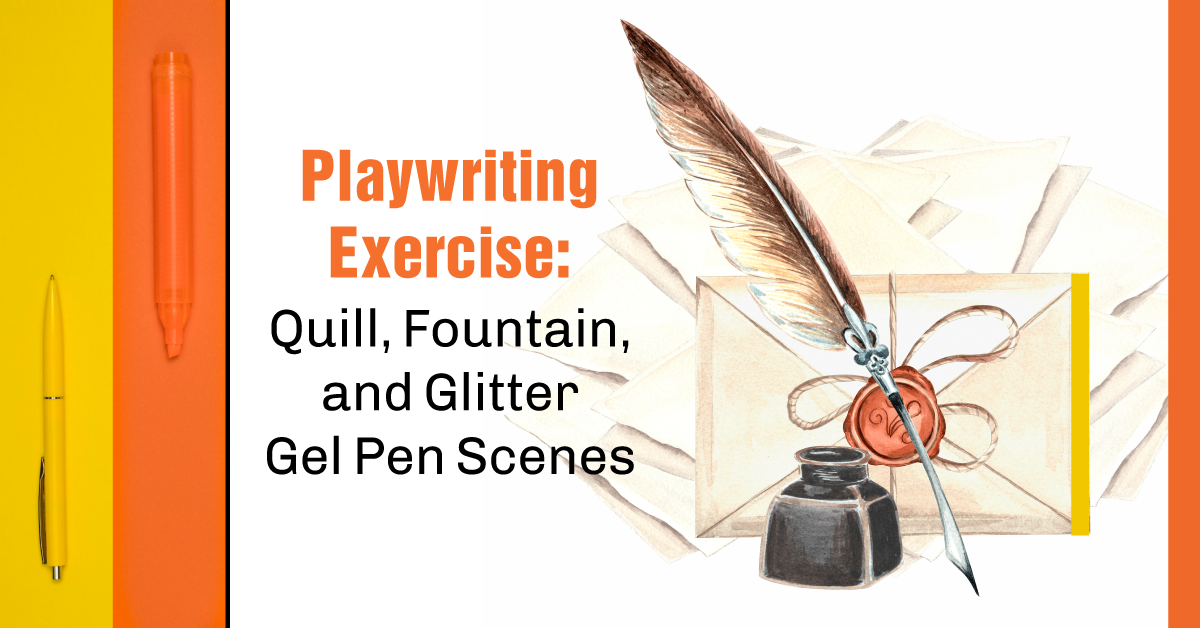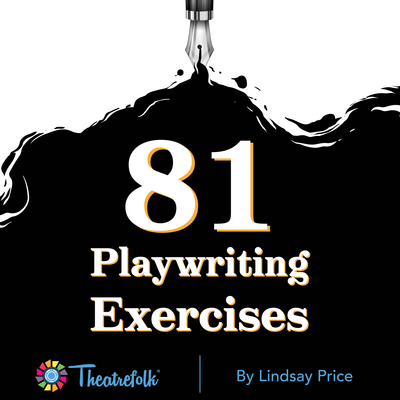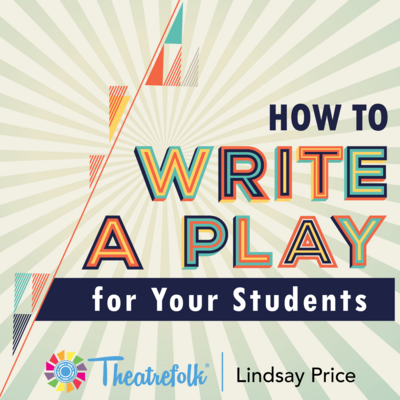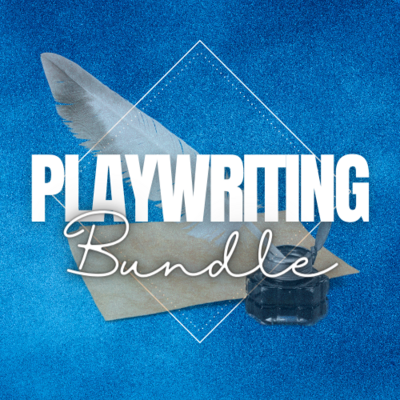Horror Movie 101: Failing Can Be Deadly by Steven Stack is a chilling mix of horror and humor - perfect for student performers and the spooky season! 👻
Playwriting & Acting Exercise: One Word
This exercise works for both playwrights and actors. It can be done by playwright working on a new play, or by an actor in rehearsal. It’s very simple, but also illuminating. It will encourage you to hone in and focus on plot and character, on the big picture and the small.
What’s the one word?
The one word that describes this scene. The one word that describes the main theme. The one word that describes the main character. The one word that describes this relationship.
Define this moment, this person, this play in one word.
Sometimes artists want to go on and on about their characters, and their story, and the more they talk, the more you realize they don’t know what they’re talking about. They think that the more words they speak, the more intelligent they’ll sound. But ask them to distill their work down into one word and the task freezes them. They can’t because they don’t truly know their work. If you can find the one word to define the theme, you know exactly what the play is about. If you can find the one word to define a character, you know exactly who that character is. And of course, over the course of a story a play should be defined by more than one word. There should be change. But this exercise will get you to practice being specific and efficient with words. And the point is not to choose any word. It’s the one word that creates a world.
Exercise:
In the downloadable PDF you’ll find three monologues. Read each monologue and decide on the one word that illuminates the story of the monologue, and one word that illuminates the character. Don’t pick just any word. Spend time thinking about what’s the one word that describes the story and the character perfectly. It should be a word that speaks volumes. A word that creates a visual. Is that a lot of pressure to put on just one word? Sure. But if you can come up with the perfect word, you’ll know these monologues inside and out. Use this exercise in your own work to make sure you fully understand it.
Related Articles
81 Playwriting Exercises
by Lindsay Price
81 exercises that can be used to get students in the habit of writing on a regular basis.
How to Write a Play for your Students
by Lindsay Price
You’ve chosen to write a play for your students! Where do you start?
Resource Bundle - Playwriting
Use these 4 Playwriting drama teaching resources to make playwriting possible with your students. Great for warm-ups, prompts, writer's block and more!

